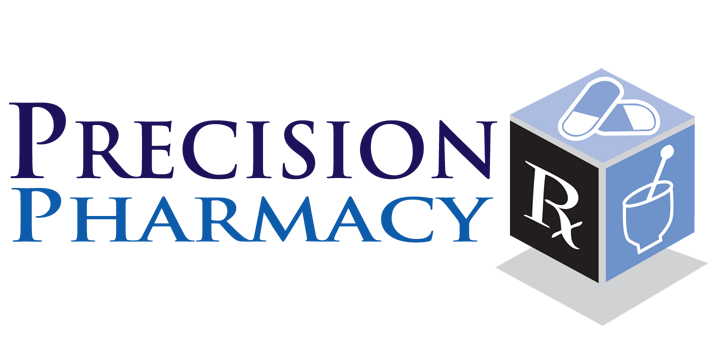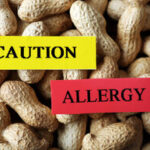Beets are a dietary supplement utilized to reduce blood pressure, cholesterol, inflammation, and to improve exercise and athletic performance. Beets are a great source of nitrate, which is converted to nitrite by gut bacteria. Nitrite is then reduced to nitric oxide within the gut which acts as a potent vasodilator and widens the person’s blood vessels. By widening the blood vessels, beets can reduce blood pressure. For those already receiving medication for high blood pressure, the addition of beets as a dietary supplement can help to improve blood pressure control and avoid further addition of more antihypertensive medications or avoid dosage increases of current drugs. Those with slightly elevated blood pressure who have not yet received medications can stabilize their measurements in the normal range (and thus avoid the initiation of drug therapy) by utilizing a beet supplement. Several studies all have pointed to a clear, significant reduction in blood pressure associated with daily beet intake. Subjects in one study who received beet juice saw an average decrease by 8/4 mmHg (comparable to a prescription antihypertensive) in their systolic/diastolic blood pressures, versus placebo. Reductions in the blood pressure were subsequently reversed when the beet therapy was discontinued. Improving control of one’s hypertension via beet supplementation is an excellent way to prevent complications of the disease, such as heart failure, heart attack, stroke, aneurysms, dementia, kidney disease, vision problems, etc.
Another claim to fame of the beet is its ability to improve exercise performance. Beets achieve this effect also via the production of nitric oxide, which dilates blood vessels, improves oxygen delivery and utilization, prolongs the time to muscle failure, and reduces oxygen requirements during exercise. In simpler terms, by enhancing blood flow to the muscles, beets allow them to work more efficiently and for longer periods of time. There has also been a demonstration of improved athletic ability and reduced muscle soreness following exertion in clinical research. Lastly, athletes have reported improvements in decision-making and reaction time when adding beet products to their exercise regimens.
Beet fiber increases the excretion of cholesterol, thereby lowering levels of harmful cholesterol in the blood. Beets have also been demonstrated to reduce triglyceride levels in patients at risk for heart disease. Lastly, they possess anti-inflammatory activity by inhibiting cyclooxygenase-2 enzymes, enzymes which activate signaling pathways to promote swelling, pain and inflammation.
Beets, when consumed, may produce a pink or red-colored urine, which is harmless. However, discoloration of the urine when using beets is sometimes reflective of abnormal iron levels or metabolism. Lastly, excessive consumption of beet products may precipitate or worsen kidney stones due to the oxalate content. Therefore, those with a history of such stones should consult their doctors before beginning beet supplementation.
Precision Pharmacy offers the most convenient product for supplementing beets, Bountiful Beets by Country Farms. Anyone looking for beets can skip the trip to the supermarket and purchase this nitrate-rich beet extract which, when mixed into any beverage, has the equivalent of 3 whole beets per serving. Unlike real beets, this product does not require refrigeration, has standardized levels of beet components (betanins), and boasts a much longer shelf life.
Read more about beets here:
https://www.health.harvard.edu/heart-health/a-new-way-to-beet-high-blood-pressure
https://www.medicalnewstoday.com/articles/288229.php
–Nicholas Niles, PharmD candidate, St. John’s University Class of 2020.





